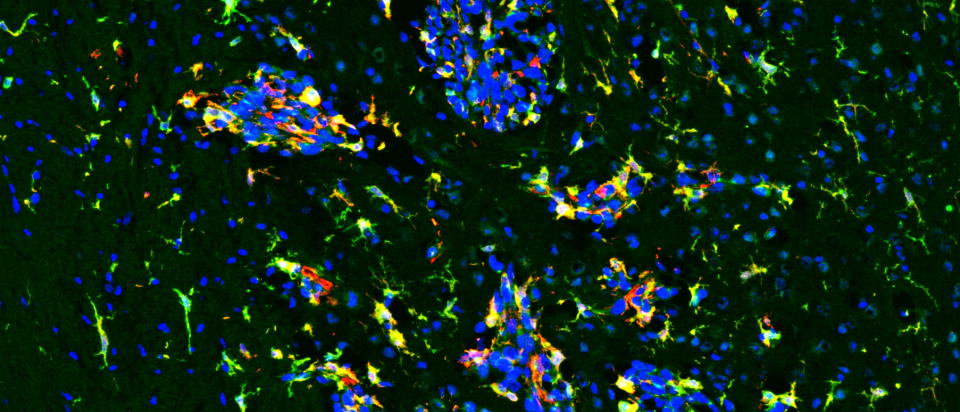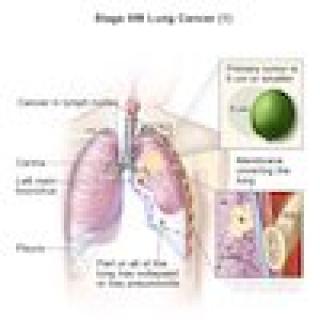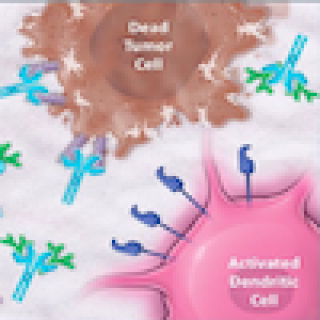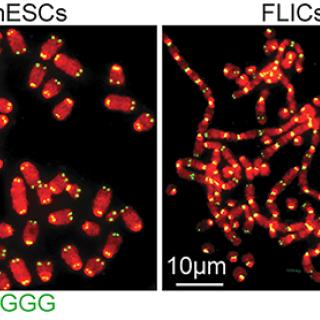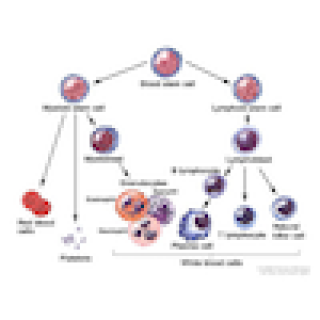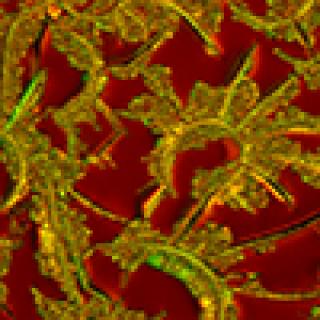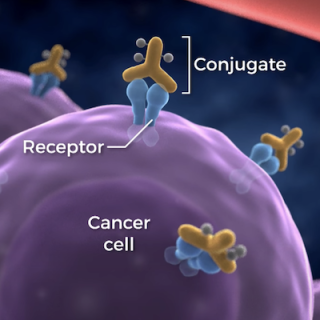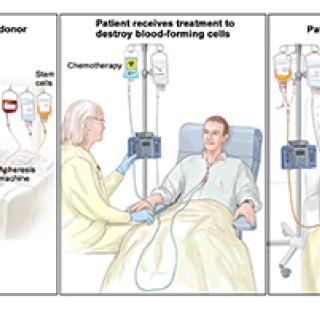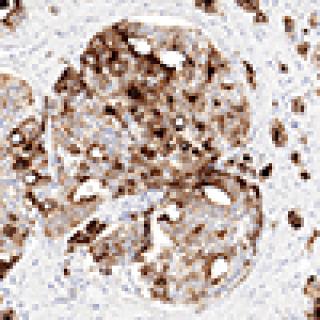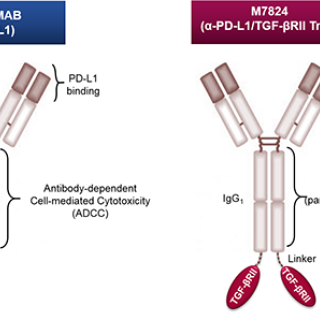News and Events
New Strategy Shows Promise Against Deadly Breast Cancer in the Brain
A new NIH study points to a promising strategy for treating aggressive breast cancer that spreads to the brain, a complication with few effective options. Learn how blocking a key brain cell survival pathway could open the door to future therapies.
Read MoreClinical trial studies drug combination for EGFR-mutated adenocarcinomas
Adults with epidermal growth factor receptor (EGFR)-mutated non-small cell lung cancer that has transformed to small cell lung cancer or a neuroendocrine tumor may be eligible to participate in a clinical trial at the NIH Clinical Center. Anish Thomas, M.B.B.S., M.D., NIH Lasker Clinical Research Scholar in the Developmental Therapeutics Branch, is leading a trial testing a drug combination to treat these kinds of tumors.
Read MoreClinical trial evaluates therapy for advanced or metastatic solid tumors
Marijo Bilusic, M.D., Ph.D., Associate Research Physician in the Genitourinary Malignancies Branch, is leading NCI’s participation in a multicenter study for adults with advanced or metastatic solid (non-blood) tumors that have not responded to standard treatments. This phase 1 study will evaluate a therapy, NC410, for any serious side effects and determine the best dose that will achieve an antitumor response.
Read MoreEmbryonic stem cells have their own strategy for protecting chromosome ends
According to new research from CCR scientists, embryonic stem cells have a unique way of protecting their telomeres, the structures at the ends of chromosomes that shorten with every cell division. Understanding it could help explain how some cancer cells circumvent the growth limits imposed by the natural shortening of telomeres that occurs as we age.
Read MoreClinical trial studies modified treatment regimen for patients with B-ALL
B-cell acute lymphoblastic leukemia (B-ALL) is a fast-growing type of blood cancer in which too many B cells multiply in the bone marrow and blood. Haneen Shalabi, D.O., Assistant Research Physician in the Pediatric Oncology Branch, is leading a study looking at a different way of preparing patients for bone marrow transplant after they have received treatment for B-ALL.
Read MoreClinical trial to test drug for cancer patients with weakened immune systems
Cancer survivors age 60 and older have weakened immune systems, often caused by cancer treatments. Investigators want to see if a drug, NT-I7, is able to boost the response to vaccines in patients who otherwise may not be able to respond.
Read MoreJapan approves photoimmunotherapy for head and neck cancer
Promising clinical trials have led to the regulatory approval of the Bioblade® Laser System and Akalux® IV Infusion 250mg in Japan. This device and drug combination was developed under an investigational treatment platform based on a cancer therapy called photoimmunotherapy.
Read MoreNew clinical trial studies stem cell transplant for primary immunodeficiency diseases
Dennis D. Hickstein, M.D., Senior Investigator in the Immune Deficiency Cellular Therapy Program is leading a study that uses new DNA technology that speeds up the process of screening for primary immunodeficiency diseases (PIDs) and finding an acceptable donor match for hematopoietic stem cell transplant (HSCT).
Read MoreClinical trial studies therapy for people with prostate or kidney cancer
James L. Gulley, M.D., Ph.D., Chief of the Genitourinary Malignancies Branch, is leading the National Cancer Institute’s participation in a clinical trial of an experimental drug called JNJ-63898081. The goal of this multicenter study is to find out if the drug is safe to use in humans and to determine the optimal dose for the second phase of the study.
Read MoreCombination therapy tested in clinical trial for metastatic genitourinary cancers
Genitourinary cancers are common but difficult to treat with chemotherapy or immunotherapy alone. A new clinical trial studies two drugs that intensify the immune system’s attack on cancer cells.
Read MorePeter Choyke and Louis Staudt elected to the National Academy of Medicine
Peter Choyke, M.D., F.A.C.R., Chief of the Molecular Imaging Branch, and Louis Staudt, M.D., Ph.D., Chief of the Lymphoid Malignancies Branch, have been elected to the National Academy of Medicine (NAM). Dr. Choyke is elected for pioneering advances in the imaging of prostate cancer that have enabled accurate localization of clinically significant tumors. Dr. Staudt is elected for demonstrating that genetic profiling can distinguish lymphoma subtypes, predict patient survival, and individualize therapy, thus playing a key role in launching the era of cancer precision medicine.
Read More